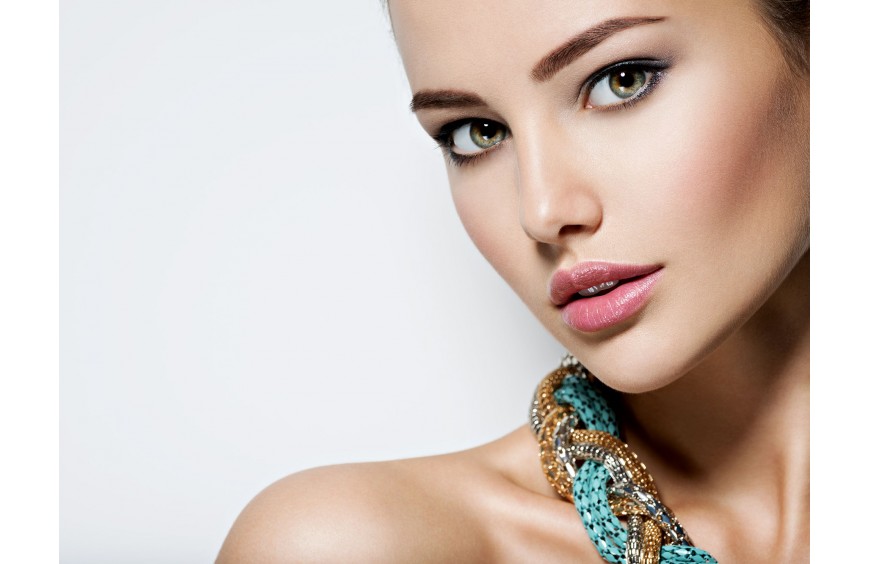Meet Arbutin: The Secret Skin-Brightener You’ve Never Heard Off

Meet Arbutin: The Secret Skin-Brightener You’ve Never Heard Off
calendar_today04/05/2021
Arbutin type of ingredient: brightener main benefits: lightens dark spots, lessens the appearance of acne scars, helps even out skin tone.
Who should use it: arbutin is generally safe for all skin types.
How often can you use it: arbutin can be used twice a day. It is safe to apply on clean skin with other creams and serums. It can also be used in the summer since it does not make skin more sensitive to the sun.
Works well with: vitamin c, ahas don’t use with: while there are no known negative interactions with other skincare ingredients, heat can degrade the effectiveness of arbutin.
Arbutin is a molecule extracted from the bearberry plant that prevents the formation of melanin. Compares arbutin to two other gentle brighteners: kojic acid (derived from mushrooms) and licorice root (derived from the licorice plant). They are derived from different natural ingredients, but they all function as tyrosinase inhibitors to provide skin lightening and brightening effects. Basically, brown spots come from pigments that are produced in cells called melanocytes, which contain enzymes called tyrosinase.
They can activate anytime they come in contact with uv light, which is why you’ll notice freckles and sunspots starting to develop if you spend too much time in the sun. That’s when arbutin comes in—it blocks tyrosinase and keeps dark spots at bay.
It's important, however, to learn how to distinguish between alpha-arbutin (the good stuff) and other, similar-sounding ingredients, there's beta-arbutin, which is a cheap version and not stable, thus it is important to distinguish the forms of arbutin.
Benefits of arbutin for skin has sun protection properties: arbutin can reduce the degree of skin darkening after sun exposure by blocking the production of tyrosinase.
Gentle on skin: while other skin brightening agents can dry and irritate the skin, arbutin is less irritating. Since arbutin’s active component is released slowly, it can be less irritating than other skin-lightening agents and better for those with sensitive skin.
Improves uneven complexion: since arbutin inhibits tyrosinase, an enzyme that helps with melanin production, it can prevent dark spots or even help fade them, leading to a more even complexion.1?
Safe to use with other skincare products: there are no known negative interactions between arbutin and other skincare ingredients.
Can be used twice daily: for maximum results, arbutin can be used both in the morning and at night.
Safer than hydroquinone: for a while, hydroquinone was the “miracle” skin-lightening ingredient—until it was declared a carcinogenic by the fda (when taken orally, rather than applied topically). While hydroquinone works by killing the cells that produce pigmentation and melanin, arbutin inhibits the enzymes that stimulate pigment-producing cells.
Effective at fading scars: much like its ability to fade dark spots, arbutin is also great at fading those red-purple acne scars that stick around long after a zit is gone.
Brightens skin: as explained above, arbutin prohibits the formation of dark spots, offering a brightening effect on the skin.
Side effects of arbutin before you go and buy every arbutin skin product out there, you should know this: there have been some people who get nervous about arbutin, because of the similar brightening benefits it has with hydroquinone. However, arbutin is widely considered a safe and effective ingredient for skin lightening.
Arbutin is available in some skincare products designed to improve pigmentation. Use of these products on a regular basis in your routine will improve your complexion. One thing to notes is that arbutin can be a great way to lighten acne scars—he recommends using acne treatments with natural ingredients and arbutin.
How to use it arbutin can be used twice daily. Because arbutin tends to be gentle, it can be used in combination with other skin-lightening ingredients, like chemical peels and retinol. Recommends using arbutin twice daily after cleansing but before any heavy moisturizers.
You will be surprised to find arbutin is in many of your existing skincare products, especially skin brightening products. While arbutin is mainly in skincare serums, it's also a superstar ingredient in overnight masks and water creams.


Add Comment